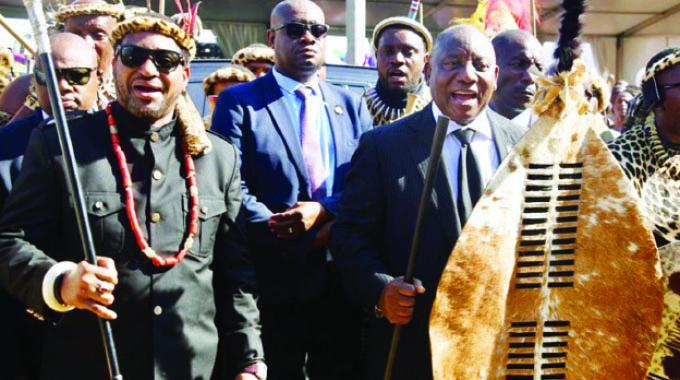Zim among 9 States to benefit from AfDB fertiliser facility

JOHANNESBURG. – Nine African countries will benefit from the African Development Bank’s (AfDB) African Fertiliser Financing Mechanism (AFFM) this year as fertiliser supply from Russia remains uncertain amid its war on Ukraine.
The funding initiative is anchored on the AfDB’s African Emergency Food Production Facility, which was launched last year due to the war’s disruption of food supplies.
Africa now faces a shortage of at least 30 million tonnes of food, especially wheat, maize, and soyabeans, imported from both countries.
The beneficiaries this year are Zimbabwe, Côte d’Ivoire, Ghana, Tanzania, Uganda, Mozambique, Kenya, Senegal and Zambia.
The main beneficiaries in these countries will be smallholder farmers, while country suppliers will have access to capital.
Romaric Ollo Hein from the AfDB’s communication and external relations department said: “The board of directors also validated the AFFM’s 2023 programme of activities: strengthening the fertiliser sector through access to finance, supporting the development of sustainable policy reforms to improve fertiliser production, trade and use, and facilitating access to inputs and technical assistance for smallholder farmers.”
In the case of Tanzania, Uganda, Mozambique and Kenya, the AfDB will avail “credit guarantee schemes totalling US$9,7 million (about R187 million)”.
Zimbabwe will receive about US$4.3 million), and Côte d’Ivoire and Ghana will receive about US$2 million each.
Senegal and Zambia will benefit if “the United States Agency for International Development (USAID) follows through on its US$15 million commitment to the AFFM”.
Through loan guarantee projects, capacity building for farmers and input distributors and other initiatives, the AFFM plans to make it easier for smallholder farmers to obtain inputs and extension services, as well as ensure adequate fertiliser application, boost agricultural output, and enhance soil quality.
Commenting on measures launched in 2021 to enhance fertiliser production, trade, and use, the AFFM said it would continue to collaborate with the International Fertiliser Development Centre and the Alliance for a Green Revolution in Africa.
The policy on fertiliser in at least 10 African nations will also be thoroughly examined, with a map of the current status, the identification of gaps, and the preparation of an action plan. – News24.com










Comments